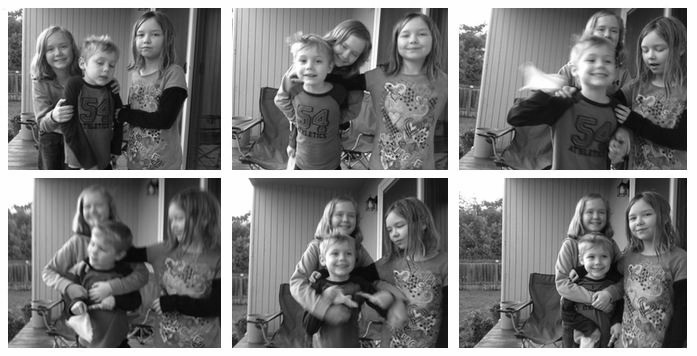An Open Letter to Death
Dear Death,
Well, that was really something you did, taking out a 3 year old girl. By everyone’s account, she was sweet, adoring, and perfect. She could have been the poster child for Life itself. And her family… I barely know them, but I know they deserved more time. They are the best kind of people; the kind that pour themselves out for their neighbors, and who define their neighbors liberally. Instead of a reward, their little girl got a brain tumor, and now she is gone.
There were thousands of people storming the heavens for a better outcome. Is that why you persisted? Were you sticking your finger in the eyes of the faithful?
I know, I know, this is nothing new. Please don’t give me your résumé. I am all too aware that you take children every day. Some of my dearest friends have lost sons and daughters on the very day of delivery. Their tears poured out in buckets while their nurseries stayed empty.
And at that, I can almost hear your taunt: “Why are you still surprised at my coming? I am the only inevitability of life, and yet you persist in your impotent weeping!”
It’s true. Your coming still shocks and paralyzes us.
Mourning ought to be easy by now, but it is not. We wail, we wretch, and we swear. Then we retreat to a safe place until we can breath deeply. When we emerge, many of us do so with duct taped masks of composure and strength. Those masks, over time, might even become real. We can, in our weakness, become wiser and softer and stronger all at the same time.
Yes, Death, I am admitting the truth: we can learn from you, and we often do. We learn how to press forward. We learn the scent of sacred moments. We discover what it means to really embrace one another. Softness and gratitude–both treasures of the dark–become ours.
Perhaps this is why the Egyptians of old praised you so. They knew the little glances of good that came after your touch, so they celebrated you with myths and monuments. In doing so, they became your vassals.
But I will do no such thing.
I will not treat you as a lord but as a foreign brigand who drags the innocents away in the dead of night. For that is all you are. You were never made for this world. You are an invader. You haunt us with your inescapable shadows–tales of victories over every King and Pharaoh, every soldier who dared tempt you, and every soul who hid to avoid you. You eventually defeated them all.
Except for One.
Yes, Death. I remember your single humiliation: two thousand years ago by the Man on the tree. So you see, you are not so inevitable after all.
What’s more? This age will not last forever. That same Man will return to put an end to your dominance. His victory will belong even to the least of these. The children of the world will stand over you and laugh.
Until that day, we will not shrug at the sight of you, nor become accustom to your touch. Not ever.
This is our act of defiance: we will not call you “normal.”
Instead, we will continue our stubborn fight. When our fathers die and our children fly with angels, we will weep for them, and taste the wrongness of our separation. We will pour out our foreign grief like drink offerings to your Conqueror, the One who promised,
“Blessed are those who mourn, for they shall be comforted.”
– J. Hague



